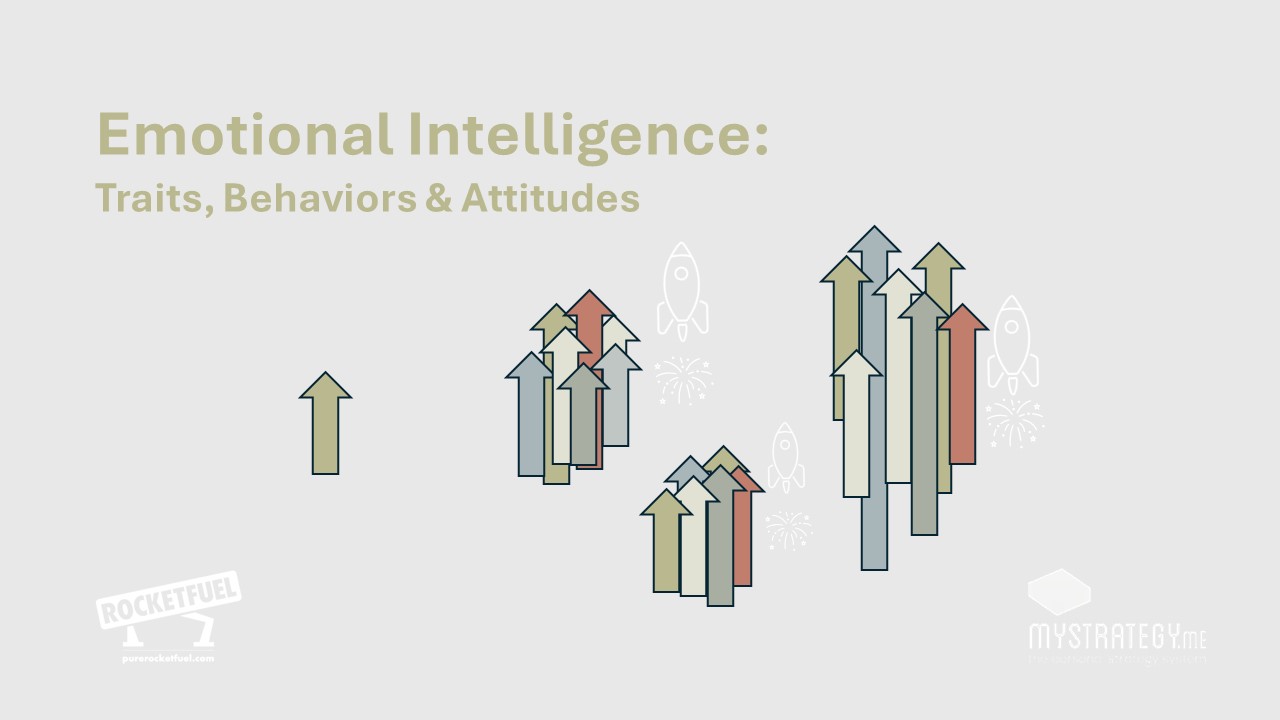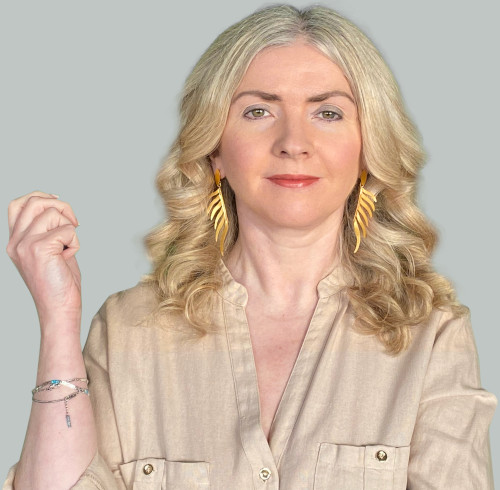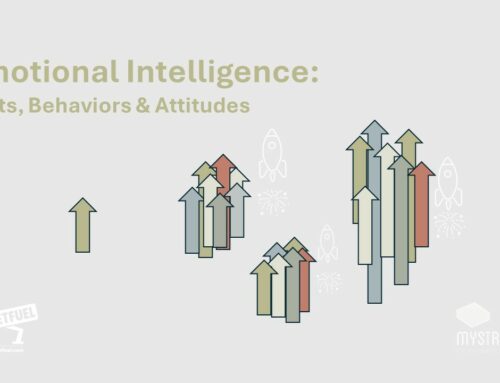
There’s little more frustrating than other people knowing more about you than you do – that is, than having blindspots – says :Leadership & Performance Coach, Davina Greene.
There’s a concept that made me smile when I discovered it, mainly because I had encountered it so frequently (and, at times, so entertainingly) throughout my Management and Coaching careers. Even now, it plays an unwitting starring role in so many stories from friends, acquaintances and exasperated coaching clients.
It’s called the Dunning-Kruger Effect, courtesy of Messrs. Dunning and Kruger of Cornell University. From reading skills through to the practice of medicine (!), these researchers found that most “incompetent” people can recognize neither the true levels of their own skill nor the relative skill levels of others. They feel they have significant knowledge, and this inspires significant confidence. They are wrong about the knowledge; the confidence therefore seems quite odd to the average observer.
In poorly managed companies, their self-assured demeanor can, however, cause them to reach the highest echelons.
It’s a cringe-worthy notion, isn’t it, that you could be wafting around the office (or home, or community…), thinking you’re wonderful while people look on in disbelief, wondering how you’ve come to the conclusion that 2+2=22. Actually, all of us should be open to the fact that we may suffer at least one blindspot. This may of course involve some ego or intentional denial of weakness but, more often than not, lack of self-knowledge is simply related to a lack of personal processes around self-awareness and reflection.
Eliminate Blindspots Through Open Communication
The more we involve other people in such processes, the more successful our quest for self-awareness; our own introspection is only part of the equation (we’re talking about blindspots, after all).
People who think predominantly in terms of the “big picture” can have blindspots around detail. The younger generations can be dismissive of the methods of the more experienced; the more experienced may not realize to what extent they are under-valuing and under-utilizing newer ideas.
Some of think we’re great communicators, never realizing that we railroad others into submission. Some of us think we know it all, and many of us extend that to include excessive faith in our own beliefs and assumptions, bypassing completely the facts that are present around us, visible to everyone else. Sadly, most of us do not have someone nearby who is confident or invested enough to tap us on the shoulder and tell us where we’re going wrong.
Leaders are particularly susceptible to being derailed by blindspots, with many believing that their elevated position is a ‘thank you’ for reaching a state of perfection. Higher up that ladder, in a relatively protected environment, there’s even stronger chance that behaviors and decisions will go unquestioned.
‘Positive’ Blindspots
The other side of the coin is that we can just as easily carry blindspots in relation to our strengths. Dunning & Kruger found that very competent people often did not understand how good their skills were, and wrongly assumed that work they found to be easy would also be deemed easy by everyone else. This can, for example, lead to a good, conscientious manager failing to have a well-trained second-in-command available (“Oh, someone will pick up what I do in no time – it’s not rocket science!”), which will ultimately lead to a weakened team where the manager is, temporarily or permanently, absent.
We certainly cannot afford to underestimate what it means to remain in the dark, in relation to either strength or weakness: the negative impact on relationships, work quality, leadership quality, judgement and, ultimately, on results and performance is potentially significant.
What’s the solution to blindspots? Knowledge, through asking and listening – followed, naturally, by corrective action defined within your personal strategy. Mindset, traits, habits…all of these things can limit our thinking and learning, unless we remain open to a bit of communication and interrogation from others. Skip that part and you lose the finest information available. This is not an area to be tackled solo.
Key Points Around Blindspots
- Beware blindspots: they damage both performance and reputation.
- Kick-start self-awareness through periodic introspection.
- Communication is key: seek feedback, to sharpen your peripheral vision.
- Consider undertaking a “360-degree” psychometric assessment, for a fuller picture of your performance.
- Learn to listen: someone at the table may be filling the information gaps left by your thought processes.
- Decide steps to improve any blindspots identified – then act on them!
Interested in investing in your own personal – and personal strategy – development? Check out www.MyStrategy.me!
Share This!
About the Author



